SUMMARY
This is AI generated summarization, which may have errors. For context, always refer to the full article.
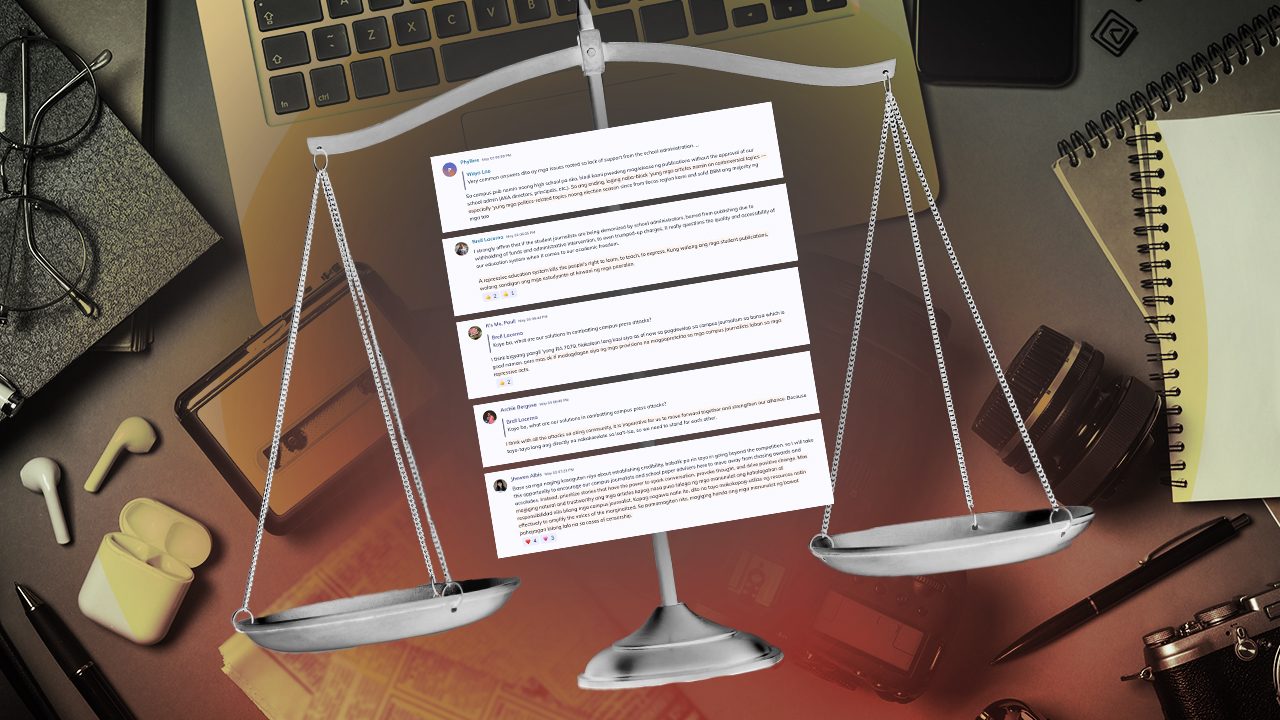
MANILA, Philippines – Student journalists marked World Press Freedom Day in the country with calls for a unified campus press and better media protection laws.
Over 50 students made the appeal in a #FactsFirstPH community chat discussion via Rappler Communities app on May 3, to address media censorship experienced by student publications across the country and to identify solutions that can amplify calls for campus press freedom.
What are the experiences of student journalists in terms of campus press freedom and what are the mobilization efforts that can be done in relation to this? Here are their takes.
Battered editorial independence
The chilling effect is real in campus publications and it is almost always traced back to media censorship by their own school administrations.
Jiji, one of the participants in the chat room, recounted when administrative intervention forced their publication to delete a school article for reportedly being too “harsh” and inconsistent with their school’s “branding.”
In the case of user reyesmelinda’s publication team, they chose to “tone down” their school paper content this year to avoid the possibility of a budget cut that could affect the production of their next issue.
Politically-charged stories are also apparently too “risky” to explore, from the perspective of school administrations. Explained PH associate editor Phylline Calubayan shared that stories in her former high school publication had to undergo administration prior to release for public consumption.

Student Jodie Dayrit encountered a similar situation in her first student publication where members were prohibited from pitching stories on school issues.
There are persistent threats to the editorial independence of Philippine campus publications.
According to a complaint filed by the College Editors Guild of the Philippines (CEGP) before the Commission on Human Rights in 2020, there had been almost a thousand violations and attacks against campus press freedom since 2010.
The latest in the series of campus press censorship that caused a national uproar was the TomasinoWeb photo takedown in February this year. What was supposed to be a harmless photo meant for a lighthearted story was reportedly painted with malicious intent by the University of Santo Tomas Office for Student Affairs.
CEGP national spokesperson Brell Lacerna joined the Rappler community chat and condemned attacks against campus journalists.

Revisiting the Campus Journalism Act of 1991
Campus journalists also urged lawmakers to strengthen and revisit the Campus Journalism Act of 1991.
Republic Act (RA) 7079 or the Campus Journalism Act (CJA) of 1991 acknowledged the role played by campus journalists during Martial Law, a time marked by media suppression. Three decades since the law’s enactment, campus media continue to face difficulties in their reportage, raising questions on reliability of of RA 7079 as a law that promotes and protects the campus press.
Proposed campus press freedom bills that seek to repeal RA 7079 and pave the way for an improved law are pending in both houses of Congress.
Paul of Explained PH said that RA 7079 should be given “more teeth” to provide more protection to campus journalists.

He added that the law should penalize school administrators who target reports in campus publications that are critical of the national government.
Expand alliances
While obtaining administrative support is still far out of reach, campus journalists say that is not impossible.
Explained PH editor-in-chief Archie Bergosa pushed forward the idea of campus journalists coming together and forming alliances to counter hostile actions against campus journalists.

Explained PH managing editor Jhewen Albis encouraged student journalists and campus publication advisers to continue writing stories that go beyond joining contests and gaining recognition.

The community chat was co-organized by campus publications Explained PH, CEGP, and The Amaranth. – Adelainne Balbin and Ian Capoquian/Rappler.com
Adelainne Balbin is a Rappler intern from the Lyceum of the Philippines University Manila. She is currently in her fourth year in college taking up Bachelor of Arts in Journalism.
Ian Capoquian is a Rappler intern from Adamson University. He is a fourth year student taking up Bachelor of Arts in Communication. Currently, he serves as the Editor-in-Chief of The Adamson Chronicle, the official student publication of his university.
Add a comment
How does this make you feel?
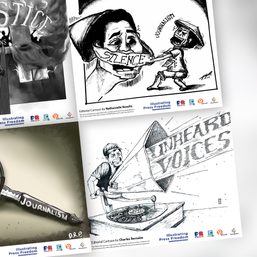

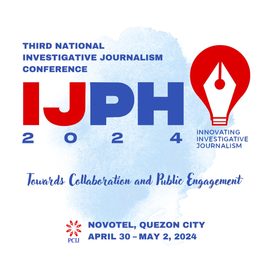




![[Just Saying] Ted Failon, press freedom, and the Supreme Court](https://www.rappler.com/tachyon/2024/07/20240709-ted-failon-press-freedom-supreme-court.jpg?resize=257%2C257&crop=296px%2C0px%2C720px%2C720px)


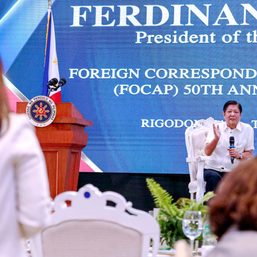
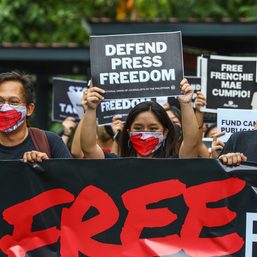
There are no comments yet. Add your comment to start the conversation.